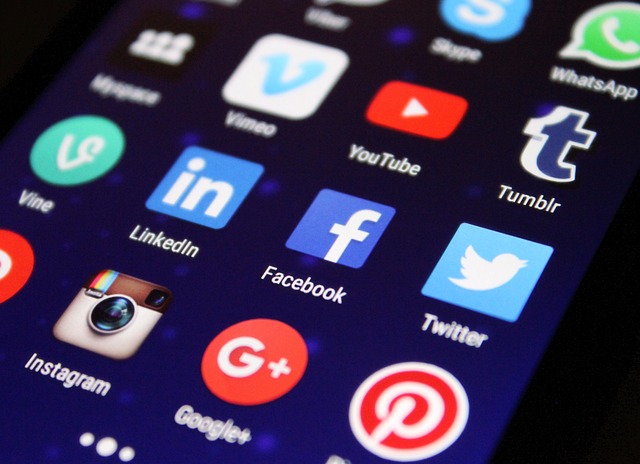In today’s hyper-connected world, social media has become a double-edged sword, offering us the chance to connect and share while simultaneously pulling us into an abyss of addiction. A thoughtful social media assessment reveals just how pervasive these platforms have become in our lives, often at a significant personal cost.
The impact of social media on our daily routines cannot be overstated. For many, scrolling through feeds has morphed into a compulsive behavior, one that disrupts daily tasks, interferes with work, and even encroaches upon quality time with loved ones. Each notification pings with an insidious allure, pulling us back into our screens as if they hold the answers to our social fulfillment. However, this digital connection often comes at the cost of genuine interactions.
As engaging as social media can be, it’s essential to recognize its darker undertones. The designed mechanics of these platforms encourage prolonged use; algorithms tailor feeds that trigger notifications, leading us down a rabbit hole of endless scrolling. This cycle can lead to detrimental habits, such as reduced attention span and increased feelings of loneliness, anxiety, and depression. The illusion of connection often breeds isolation, as real-world interactions take a back seat to virtual engagements.
Reflecting on our own usage, a social media assessment can reveal just how much time we spend on these platforms and the emotional weight they carry. Are we tuning in to feel connected, or are we merely seeking the dopamine hit from likes and shares? Understanding our relationship with social media can illuminate patterns that may be detrimental to our mental health and overall well-being.
Addressing the addictive nature of social media involves more than just limiting our screen time; it requires a deeper examination of why we turn to these platforms in the first place. Are we filling a void, escaping reality, or comparing our lives to carefully curated portrayals of others? By unpacking these motivations, we can regain control over our relationship with technology. A more mindful approach can empower us to use social media as a tool for connection rather than a source of fixation.
As we navigate our increasingly digital landscapes, it’s crucial to remain vigilant about the impact social media has on our lives. Engaging in a thoughtful social media assessment can foster healthier habits and encourage more meaningful interactions, both online and offline. Ultimately, taking a step back to assess our usage may help us reclaim our time, mental clarity, and personal connections.



